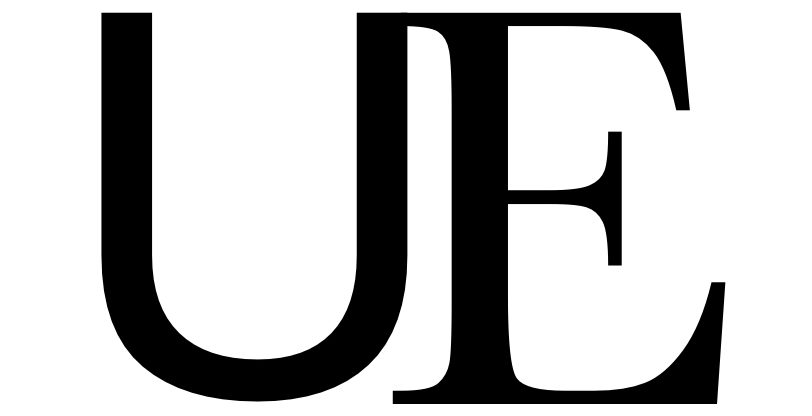Feminism’s Second Wave began in the 1960s, an era of intense change brought on by a culture of thriving social movements in the United States. In this decade, the “Women’s Movement” operated alongside the Civil Rights movement, cultural nationalist movements like Chicano and Black Power, anti-Vietnam War student protests, and LGBTQ protests. This version of feminism was built around the idea of a “universal sisterhood” that united all women on account of their shared sex.
via If You Must Think Of Feminism In The Wave Narrative, Here Are The Most Important Moments In The…
